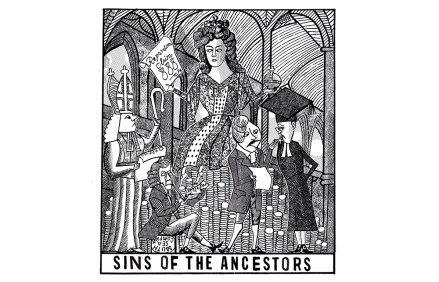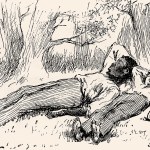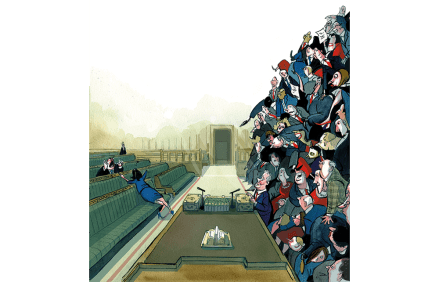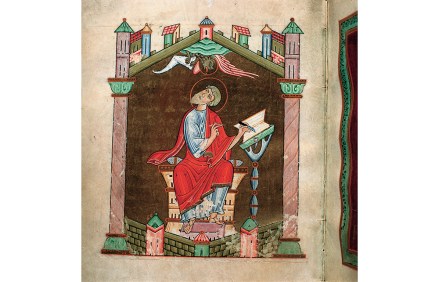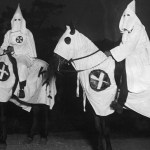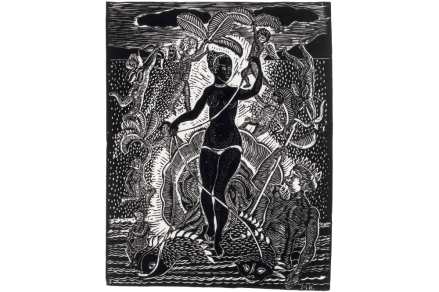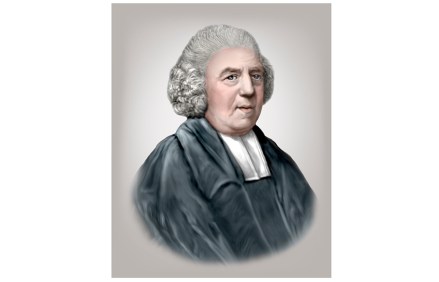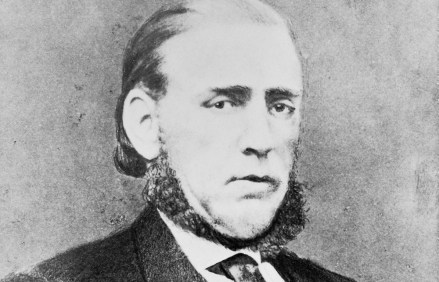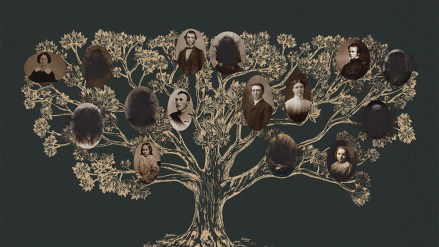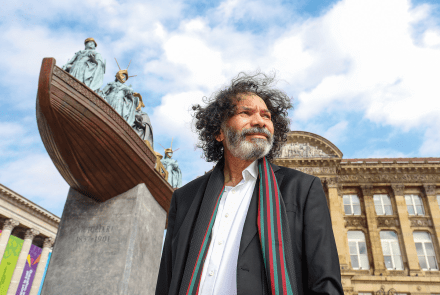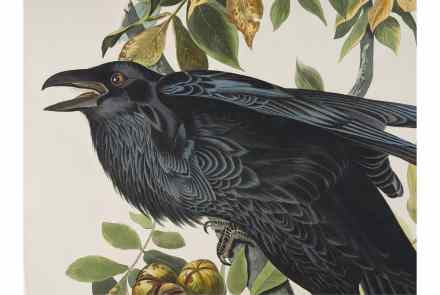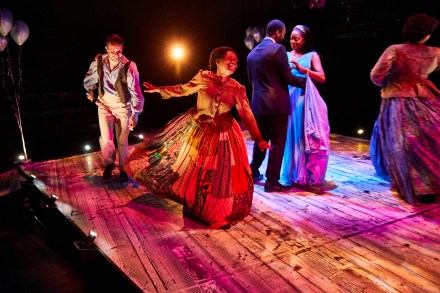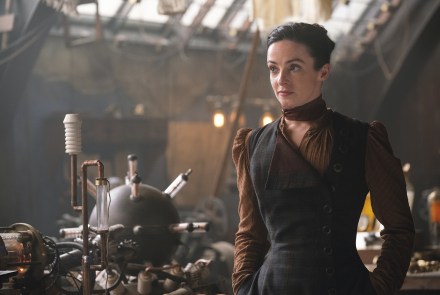Has the C of E got its reparations bill all wrong?
Reparations have a troubled history, and rightly. The word itself, in its familiar sense, seems to have been a euphemism thought up by lawyers after the first world war. President Woodrow Wilson had promised a peace ‘without indemnities’. So no indemnities: ‘reparations’ instead. It sounded less objectionable. It was further agreed that liability should cover only demonstrable damage, not be punishment for the act of war itself – a remarkable and perhaps unprecedented concession by the victors to the vanquished (who had themselves recently imposed heavy indemnities on Russia, and before that on France). Yet reparations – relatively modest in total and largely unpaid – still became probably the most
